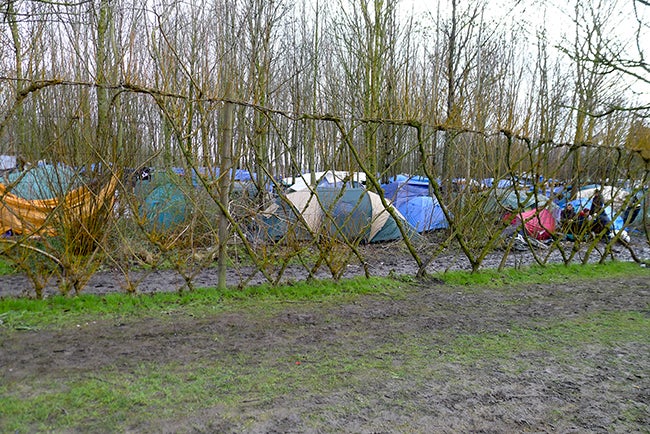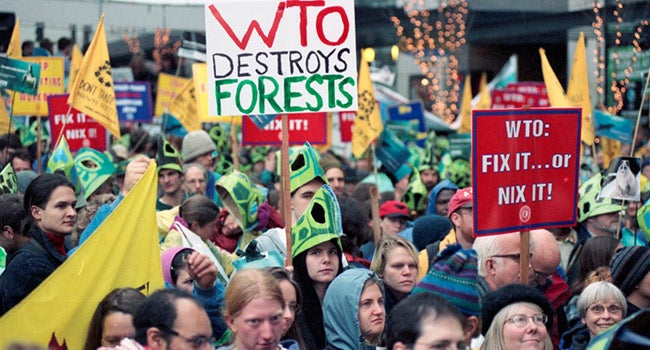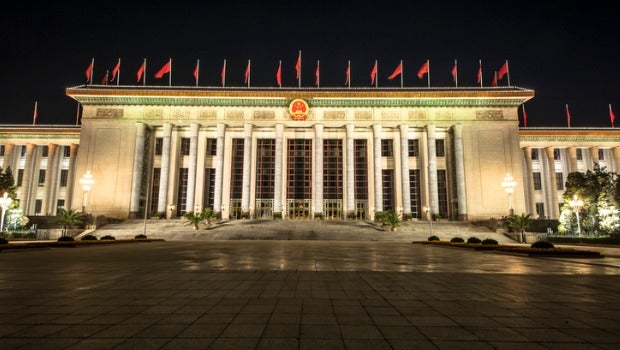Throughout history, refugees have been regarded with suspicion, and today is no different. In just the past couple of years, migration around the world has surged. Syrians have fled their conflict-ridden nation. Central American parents have sent their kids across the US-Mexico border. On the receiving side, in Europe and North America especially, the cries of protest have been loud. Citing security concerns, countries around the world have been building walls.
City-level officials tend to see refugees differently, however. At The Atlantic’s CityLab 2016 summit, a trio of local officials discussed why their cities are trying to be more welcoming of refugees, not less. “Our cities are better for it,” said Don Iveson, mayor of Edmonton. “[Refugee resettlement] adds to our identity and our economy.” 
The panel, which also included officials from Detroit and London, was in consensus that making room for newcomers was both a moral and an economic imperative for cities. Of course, the process comes with challenges. Refugees need housing, jobs, and other services. They also need to integrate: to understand and engage with their new environments, and ultimately, contribute to them. At the same time, telling newcomers they need to give up their cultural or religious values would be a mistake. Such messages have the potential to alienate entire communities, essentially creating breeding grounds for antisocial activity, including terrorism.
“If you’re telling them that they don’t fit in, that their values … are not compatible with London—with a modern Western city—that’s the real danger,” said Leah Kreitzman, the mayoral director for external and international affairs in London.
This piece originally appeared at CityLab.


